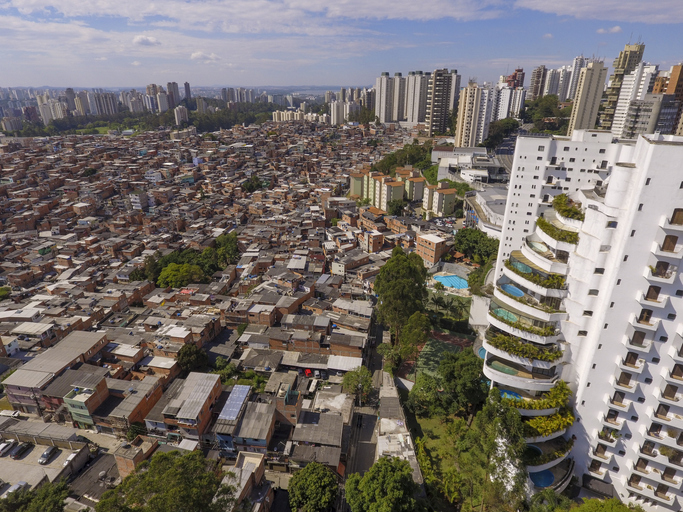Inequality in Contemporary America and Globally:
Origins, Forms, Implications, and Policy Options for the Future

WHY INEQUALITY?
Inequality, long overlooked by economists and dismissed by many political pundits, has moved to center stage in the media and public discourse as one of the major challenges of the 21st century. The diverse impacts of the COVID crisis across income, class, gender, and race have highlighted in the starkest of terms the true costs of accelerating inequality both domestically and globally. The growing desperation of those feeling disenfranchised and unable to meet the most basic needs of their families is now manifesting in electoral turmoil both here in the US and abroad presenting a threat to democratic norms and institutions. Pope Francis encyclicals Laudato Si and Fratelli Tutti challenge the assumptions of the prevailing economic order that idolizes mass consumerism and wealth accumulation and calls for a more caring economy that provides decent work and liveable incomes. Academics and editorialists now openly question the durability of a capitalist system that enables such levels of extreme inequality of wealth and calls for a thoughtful rethinking of current economic policy and orthodoxy.
Students and faculty at Notre Dame are demonstrating an increasing interest in this topic of inequality and the controversies surrounding it. This website is an effort by the Pulte Institute to provide both a resource and a forum for knowledge, research, and discussion of the complex dimensions, drivers, politics, and policy responses to inequality both in the United States and abroad. Our goal is to provide easy access to a wide range of curated materials for both students and faculty and to encourage wider discussion and attention to these issues across campus.
In this website, we aim to bring to the attention of our audience and viewers a compilation of materials that enable considering multiple dimensions and forms of inequality. We have compiled visual aides, lists of books and papers on inequality, and a curated list of documentaries and online materials that help grasp the breadth and complexity of inequality, and the challenges faced by all who aspire to mitigate it. Our aim, however, is to inspire and motivate change, so we remain optimistic that our effort can act as a call to action for those willing to take up the challenges presented by the effort to construct a more equitable and just society.
This site is a work in progress that we anticipate will evolve in structure and content as we engage interested colleagues within our campus community. We take no formal position on the right responses to these questions beyond the concern that unaddressed through appropriate policy, the further advance of extreme inequality may threaten our democratic process, our national security, and the confidence of our citizens in the promise of America. The question then for a community of scholars and learners is what are the best responses to this challenge both domestically and internationally.
WHAT IS INEQUALITY?

This image captures in a snapshot the essence of inequality. The person on the right can eat more and more quickly because of their larger spoon. Importantly, the person on the left would have to spoon the soup at a more rapid pace just to be able to eat as much as the person with the larger spoon. Thus, inequality is not simply a difference or a gap in resources, but also the experience of falling behind. Rising inequality is sometimes mitigated by growth and improvement in opportunities. While disruptive, such change has been historically transformative and placed many societies at higher levels of wellbeing. For the vast majority of countries, historical change has not had such unqualified positive results.
In this website, we aim to bring to the attention of our audience and viewers a compilation of materials that enable considering multiple dimensions and forms of inequality. We have compiled visual aides, lists of books and papers on inequality, and a curated list of documentaries and online materials that help grasp the breadth and complexity of inequality, and the challenges faced by all who aspire to mitigate it. Our aim, however, is to inspire and motivate change, so we remain optimistic that our effort can act as a call to action for those willing to take up the challenges presented by the effort to construct a more equitable and just society.
We anticipate the following to be examples of initiatives generated to support and serve the partnership.
